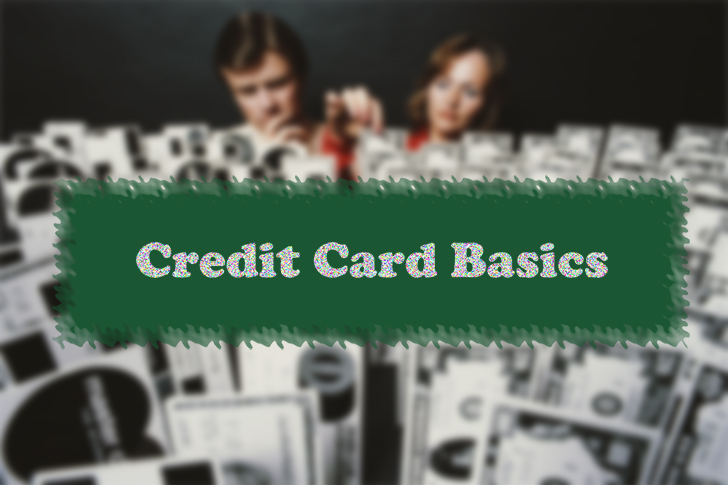Credit Card Basics You Should Know
A credit card allows cardholders to purchase things with money borrowed from a bank. It's a tool for short-term borrowing which enables users to pay first, repay later and get valuable rewards and perks if it's used responsibly.
To apply for a credit card, you need to fill in all of your information to the bank including your full name, birth date, physical address, social security number, and an estimate of your annual income.
Credit cards also can get you caught in the cycle of debts, damage your credit score and affect your finance in the future. Before using your credit card, here are a few fundamental information that will help you manage your credit wisely.

Basic Terms
Annual fee- A fee some credit card companies charged each year for using the card. (Many cards have no annual fee)
Annual percentage rate (APR) - The interest rate you'll be charged if you don't pay off your balance in full on time each month. The annual interest rate is the rate of interest charged on the balance you carry forward. Credit cards often have different APRs for Purchases, Balance Transfers, and Cash Advances.
Introductory APR - A low rate that goes back to normal after a certain time. Some cards offer a "low introductory rate," or a 0% intro APR.
Credit limit - Credit limit refers to the amount of credit assigned to your account. The credit limit is determined based on your previous credit behavior and other factors like monthly income, current debt, home ownership and so on.
credit score - Credit score is a number representing your creditworthiness. People with bad, fair, good and excellent credit have different ranges of choices when applying for credit cards. The higher your credit score, the better cards you can get. The financial institutions use your credit score to evaluate the potential risk brought by lending money to you.
Grace period - The period between the statement date and the final date you have to pay before you are charged interest fee. As long as you pay back money within the “grace period”, you don’t have to pay extra interest.
Minumum payment - The lowest amount you are required to pay by your due date to avoid penalties and ensure your account remains in good standing. Check your credit card "terms and conditions" document to find out how your card's minimum payment is calculated. The higher your credit card balance, the higher your minimum payment will be.
Penalty fee - If you cannot make your repayment on time, the bank will charge a penalty fee.